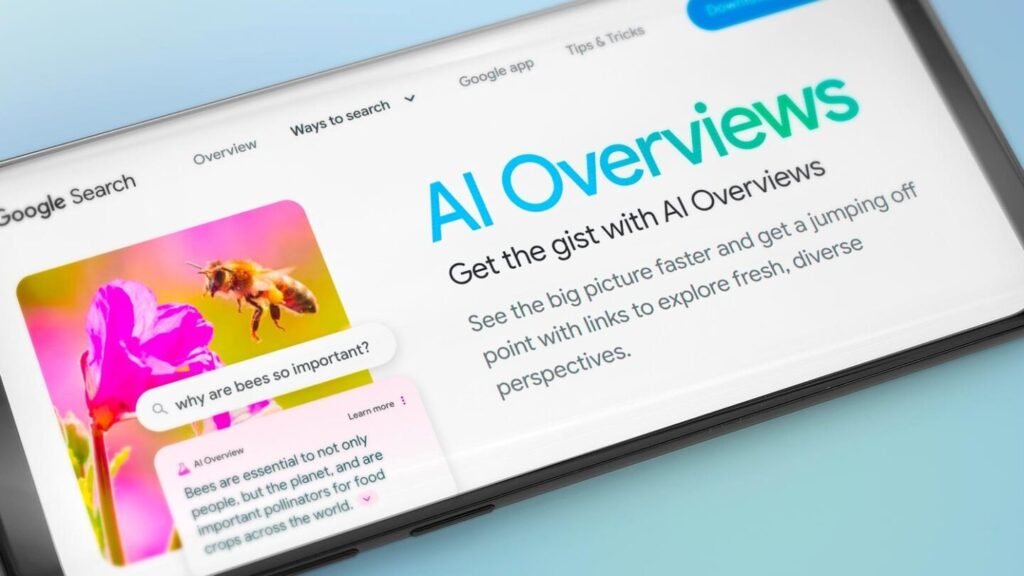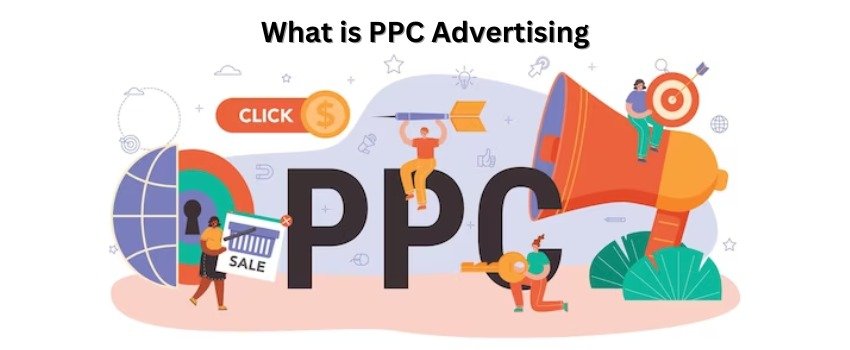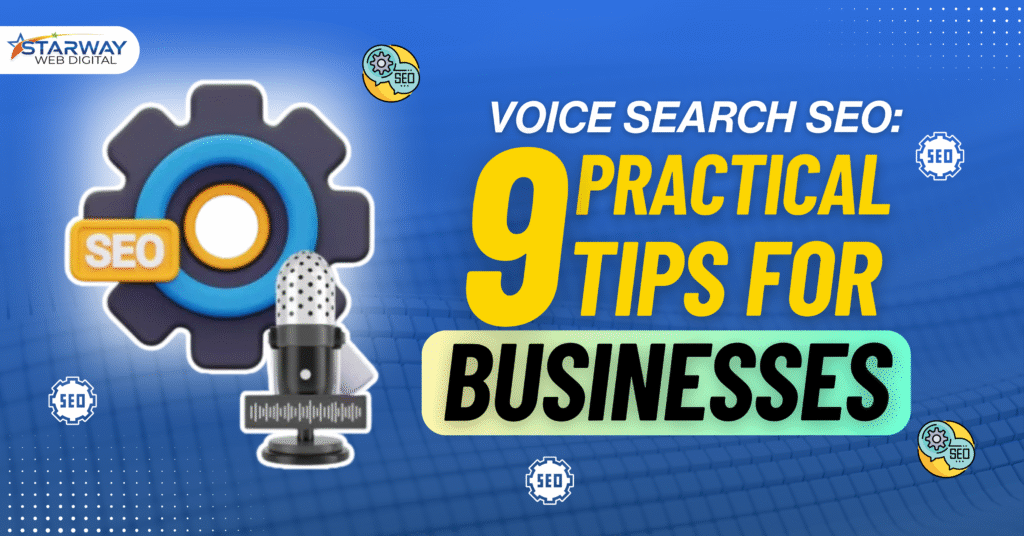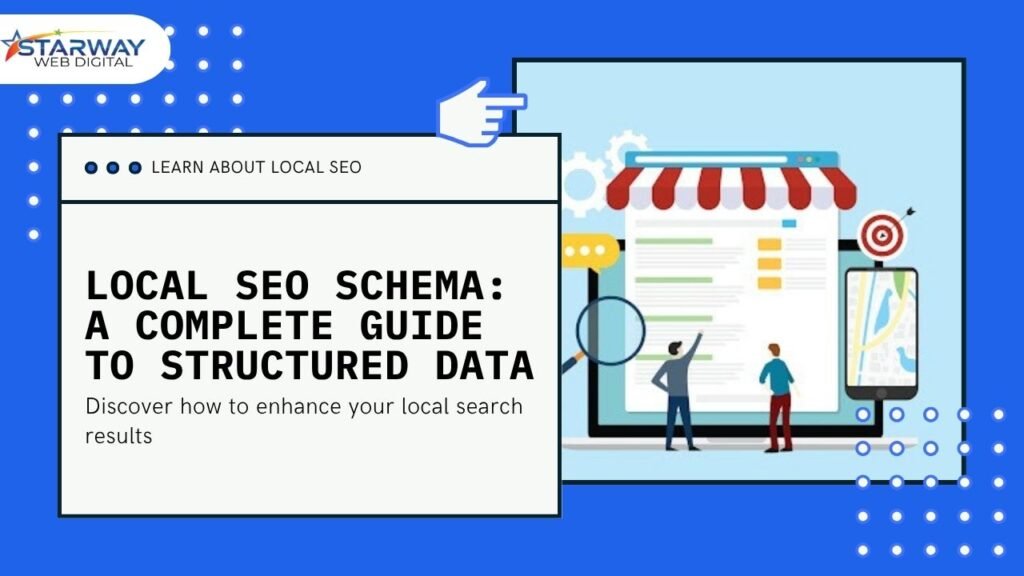SEO Services for SMBs: Boost Your Online Growth
For small and medium-sized businesses (SMBs), competing online with large brands can feel overwhelming. But the truth is, search engine optimization (SEO) creates a level playing field. With the right approach, smaller businesses can rank higher, attract customers, and grow sustainably. This blog explores how SEO services for SMBs can transform your digital presence and fuel business growth. Why SMBs Can’t Ignore SEO? The majority of customer journeys start with a Google search. If your business isn’t on the first page, potential clients may never even know you exist. Unlike paid ads that stop driving results the moment you pause spending, SEO builds long-term visibility. For SMBs, this means: Core Elements of SEO Services for SMBs Local SEO Local visibility is the heartbeat of many SMBs. Optimizing your Google Business Profile, gathering authentic reviews, and targeting location-based keywords ensures your business shows up in maps and “near me” searches. On-Page SEO Your website is your digital storefront. Optimizing titles, meta descriptions, and product or service pages with relevant keywords not only helps Google understand your content but also improves user experience. Add to that a responsive design, engaging copy, and fast-loading pages, and you’re setting the stage for higher rankings. Technical SEO Behind-the-scenes factors like clean URLs, schema markup, and an optimized XML sitemap make it easier for search engines to crawl and index your website. A technically sound website builds a strong foundation for all other SEO efforts. Content Marketing Publishing high-quality content is one of the best ways to position your business as an authority. Blog posts, guides, and resources that answer customer questions and highlight your expertise attract organic visitors while building trust. For instance, an SMB in fashion could write, “How to Choose the Right Outfit for Your Body Type,” while a local service provider might publish, “5 Tips for Maintaining Your Home Plumbing System.” Link Building Links from trusted websites act as votes of confidence in your brand. For SMBs, this often comes from partnerships with local organizations, collaborations with bloggers, or sharing thought leadership content across industry platforms. Benefits of Professional SEO Services The value of SEO lies in its long-term impact. Done well, it provides: How to Choose the Right SEO Partner? The right SEO partner will make all the difference. Look for an agency with proven industry experience, transparent reporting, and strategies tailored to your business needs. Avoid one-size-fits-all packages—your SMB deserves a personalized approach. At Starway Web Digital, we specialize in SEO services for SMBs that focus on sustainable growth, measurable results, and long-term success. Final Thoughts SEO isn’t just for big brands. With the right strategy, SMBs can reach new audiences, compete effectively, and build lasting authority online. Investing in professional SEO services for SMBs ensures your business doesn’t just survive in today’s digital world—it thrives.
SEO Services for SMBs: Boost Your Online Growth Read More »











